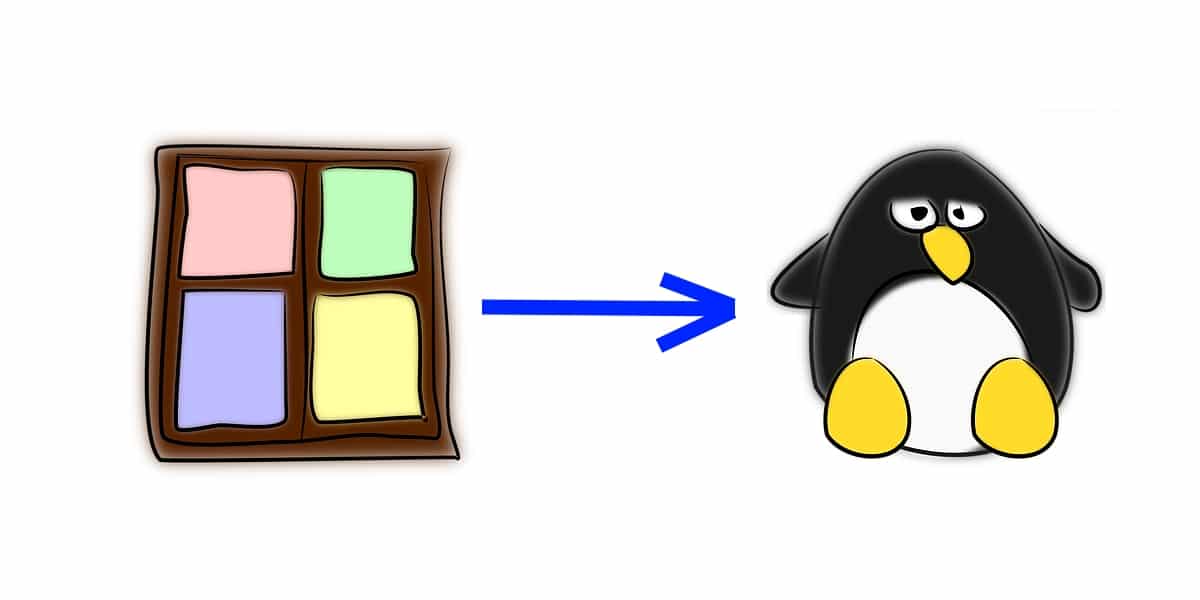
On many occasions we have shown some distros that look similar to macOS, or with look similar to Microsoft desktop Windows. But this time it is something much more practical than that, since it is a complete guide to everything that users of the Redmond platform should know to have a quick and easy adaptation to a new GNU / Linux distro.
With this guide you will not only know the distribution that may be easier for you, but also some Tricks and tips that may go unnoticed by many, but that could reduce the workload in your adaptation, and even prevent you from falling back into the clutches of Windows as happens to some who try to test Linux and quickly return to their old system…
Reasons ...

To leave Windows e go straight to GNU / Linux there are a multitude of reasons. Although it is true that many users are comfortably anchored in Windows by habit or compatibility issues, especially for video games. But if you have doubts and want some reasons to decide to take the leap:
- Centralization bores you? Try different flavors. As with macOS, Microsoft has full control of Windows development. That's why there is only one flavor of it, I take it or leave it. On the other hand, there are a large number of GNU / Linux distributions to choose the one that you like the most or best suits your needs. It is true that this brings fractionation, but the number of satisfied users makes it worth it.
- Stability, robustness, and performance. Windows has improved in this regard in recent years, especially with the Windows NT kernel. But it is still far from * nix systems. And if we take as an example Windows 10 that seems to be going to fail due to update, the problems grow to those of Redmond. In recent updates there have been numerous problems that have forced Microsoft itself to back down with its updates. Much is has been rumored and speculated about the possible causes, but it really is alarming… The update system of all distros is not infallible, but it is certainly not as problematic as what is happening in Win10.
- Save money. Although there is a lot of freeware for Windows and also many free projects that are also compatible with this platform, the truth is that paying for suites such as Office, Photoshop, and other software that is usually used on this platform does not come cheap. You always have the possibility to hack, but this has two associated problems:
- It is illegal, therefore if you do it you should know that you do it under your own responsibility and assuming the consequences.
- It involves potential security risks, since many cracks, keygens, and others are infected or manipulated to introduce malware into your system. In addition, they usually ask you to run them as administrator and deactivating the antivirus ...
- Security. Windows 10 is more secure than previous versions, so far I think we can agree. But a * nix platform is de facto more secure than a Windows one when no hardening work has been done. Linux is more secure for several reasons, but if you want a more powerful one without going into technical details, it is simply because being an operating system with fewer users, the amount of malware that Linux targets is infinitely lower. And then if you enable firewall rules with iptables, or raise a system like SELinux or AppArmor, etc., the security will increase in an extreme way. For something is the system chosen by data centers, supercomputers, governments, military, etc. Dont you think I do not think that with the money they handle it is only a matter of licenses as some say ... right? In addition, the confidence of being able to analyze the source code is something to take into account when discovering back doors or vulnerabilities that can be exploited, something that Windows does not allow as it is closed source and does not really know what it is. doing.
- Privacy and anonymity. Windows has never been good in this regard, and it is one of the least friendly operating systems in this regard. But with the release of Windows 10 that has gotten considerably worse. It has become a system that reports a large amount of user data.
- Customization. Windows is extremely rigid, the complete opposite of Linux. To give a simple example, Windows could be compared to a steel block that costs to modify, while Linux is like a plasticine block that you can mold to your liking thanks to its flexibility.
- Development. Windows has a huge amount of development software available, and many graphics engines and so forth are only compatible with Windows. That is true, but Linux does not fall short in this regard, and it is extremely interesting for most developers. A very high percentage that is growing more and more uses Linux, especially Ubuntu. It has become one of the favorite systems for development.
- Crash and reset. BSoDs, or blue screens, error messages, unexpected reboots due to various causes (including updates) have caused many jobs for some users to be lost. That lack of productivity in this regard is what has prompted some users to seek a more robust and stable platform like Linux.
Newly The ball is on your roof, and you must choose the reason or reasons that convince you the most to take that last step you need. And I hope you give Linux a chance to show you its advantages, and for long enough to get used to it and that you don't end up going back to Windows by not adapting to it as some impatient users do ...
Solving your doubts for a faster adaptation

You are a Windows user and you are hesitating to switch to Linux. Sure you have any doubts walking through your mind right now and that I hope to solve here ...
What distribution is best to start with?
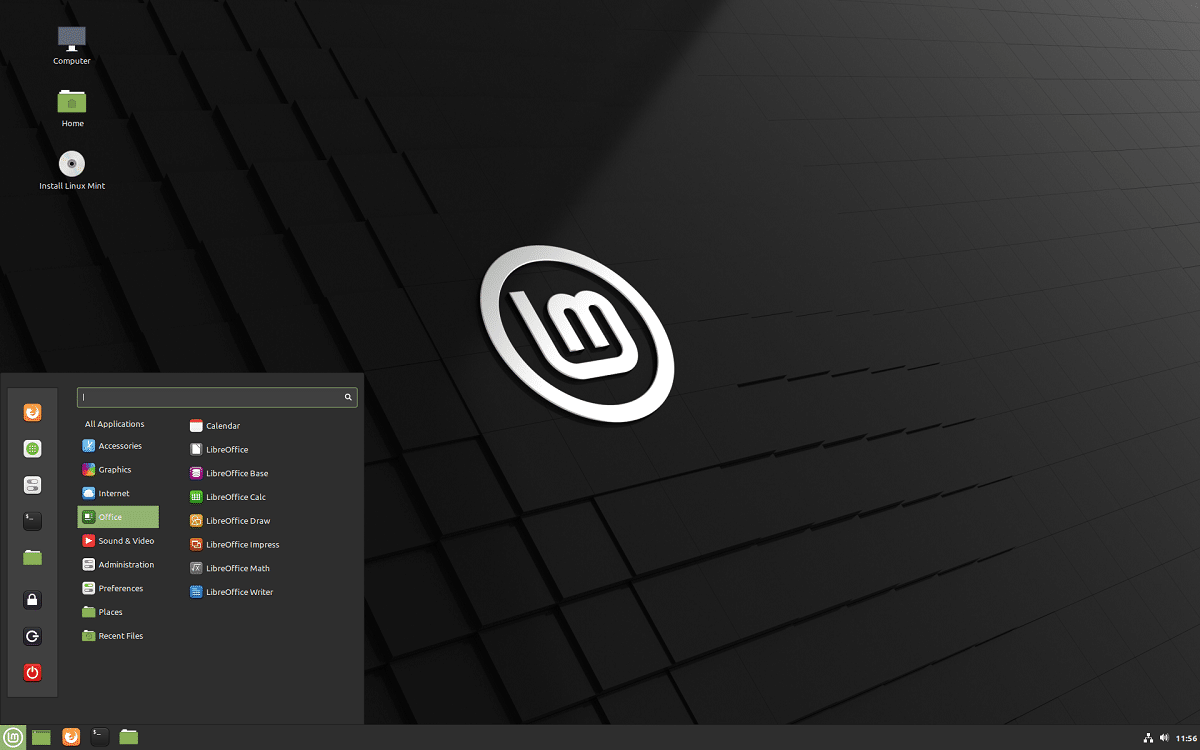
Es something very personal in which I cannot be of great help to you. Each user is a different world and has their own needs. Therefore, the best distro to start in Linux would really be the one you like the most and the one that you feel most comfortable with. However, here are some recommendations:
- Ubuntu: for all users who want everything to just work fine and have no problems, the best is choose Ubuntu. The Canonical distro brings simplicity, stability, robustness, security, and great hardware support. It has a huge amount of software available in its repos and if you have doubts it is one of the ones with the most tutorials on the net.
- Lubuntu: a different flavor derived from the previous one is Lubuntu, which having an LXDE desktop environment will look more like Windows. Also, being lightweight can make your old Windows machine that no longer supported Windows updates come alive. Download Lubuntu.
- Zorin OS: is a Linux distro specially oriented to novice GNU / Linux users, and especially to those who come from a Windows environment. You will find many similarities in its interface and it will not cost you to get used to it. Download Zorin OS
- Linux Mint: Another distribution that is very easy to use is Linux Mint. A modern operating system, with a large number of utilities to help you on a day-to-day basis so as not to complicate your life and extremely comfortable and simple. Download Linux Mint.
- Solus- A standalone design focused on ease of use and for the home user. An aspect similar to that of Windows that will please you from the first moment. Download Solus OS
- RoboLinuxCan you imagine having a Linux distro that looks similar to Windows, and is also capable of running native software for the Microsoft platform? Well, don't imagine, this is the RoboLinux project, because thanks to virtualization it allows you to install your favorite Windows programs without any problem ... Download RoboLinux
- Fenix OS: It is a fairly recent Spanish project that can adapt its appearance like a chameleon to imitate the Windows desktop that you like the most, and that you can also use on your Raspberry Pi. Download Fenix OS.
- fedora: you're tired of everything crashing in Windows, then Fedora is rock solid. Download Fedora
- Linspire / Freespire: some old distros that have reappeared in their paid and free versions respectively. An operating system that intended to revolutionize the Linux world with its appearance similar to Windows and with facilities like its CNR, to install with a single click. Something that now does not seem like anything new, but that at the time was revolutionary in the Linux world. But personally I would recommend any of the above before this ... Download Linspire
Are there alternatives to Windows apps?
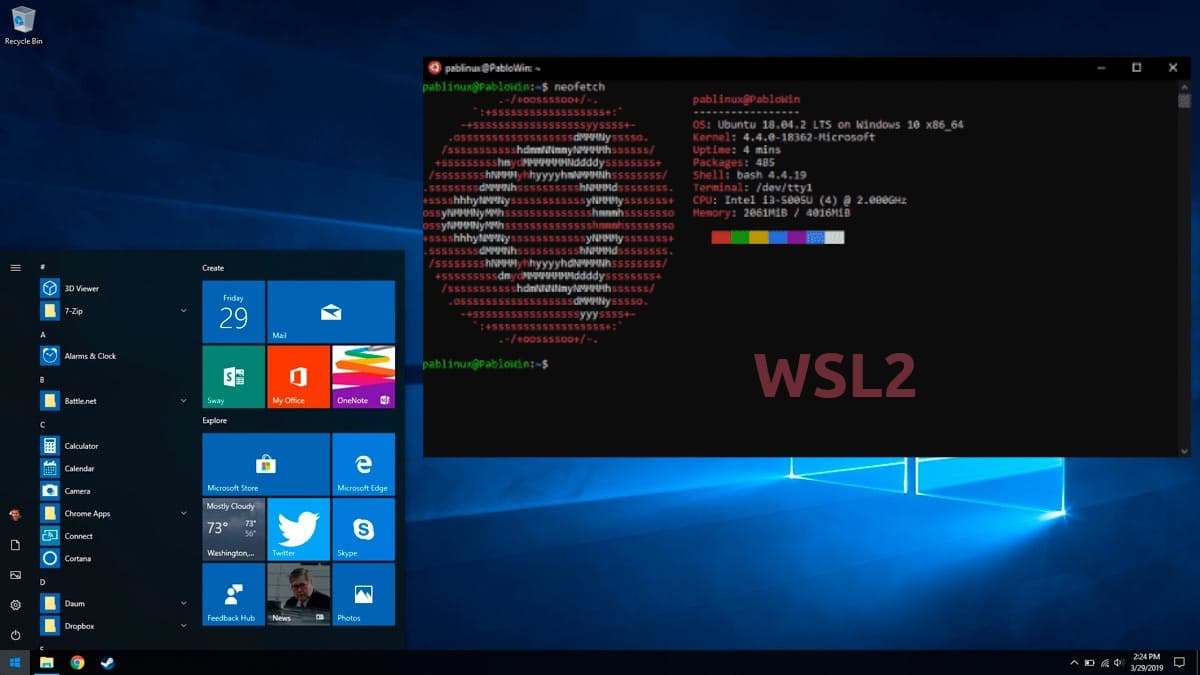
For GNU / Linux you can have infinite software alternatives And even many of the apps you already use on Windows will also be available natively for Linux, such as Firefox or Chrome. But you can also have Android apps with emulators, DOS apps with projects like DOSBox, retro console video games, and even Mac apps with Darling. So who said there is no software for Linux?
Some time ago I published an article with alternatives a Windows programs that maybe you might be interested ...
What if there is no alternative? Can I use my native Windows app on Linux?
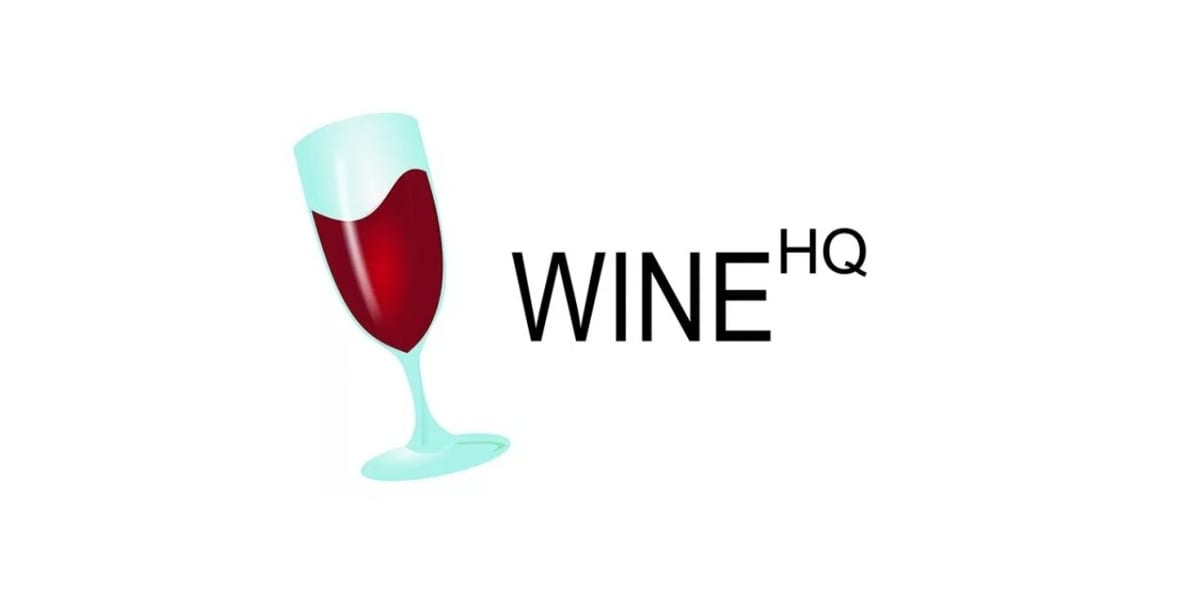
You have the wonderful Wine projecta compatibility layer to run software (applications and video games) native to the Microsoft platform on Linux. It can work with most software, although some may have problems or not have all the functions. But it usually goes pretty well.
And if that seems little to you, you can always also resort to Virtual machines if you run into any problem with the previous package. Or look for other solutions if they exist, for example, although Microsoft Office is not available for Linux, you could use this Windows office suite in its online version of the cloud.
And don't forget that they exist projects like Proton built into Valve's Steam client to bring you theWindows video games also to Linux without worrying about anything, and with a huge list of titles already fully compatible ...
Can I find computers with Linux pre-installed like Windows?
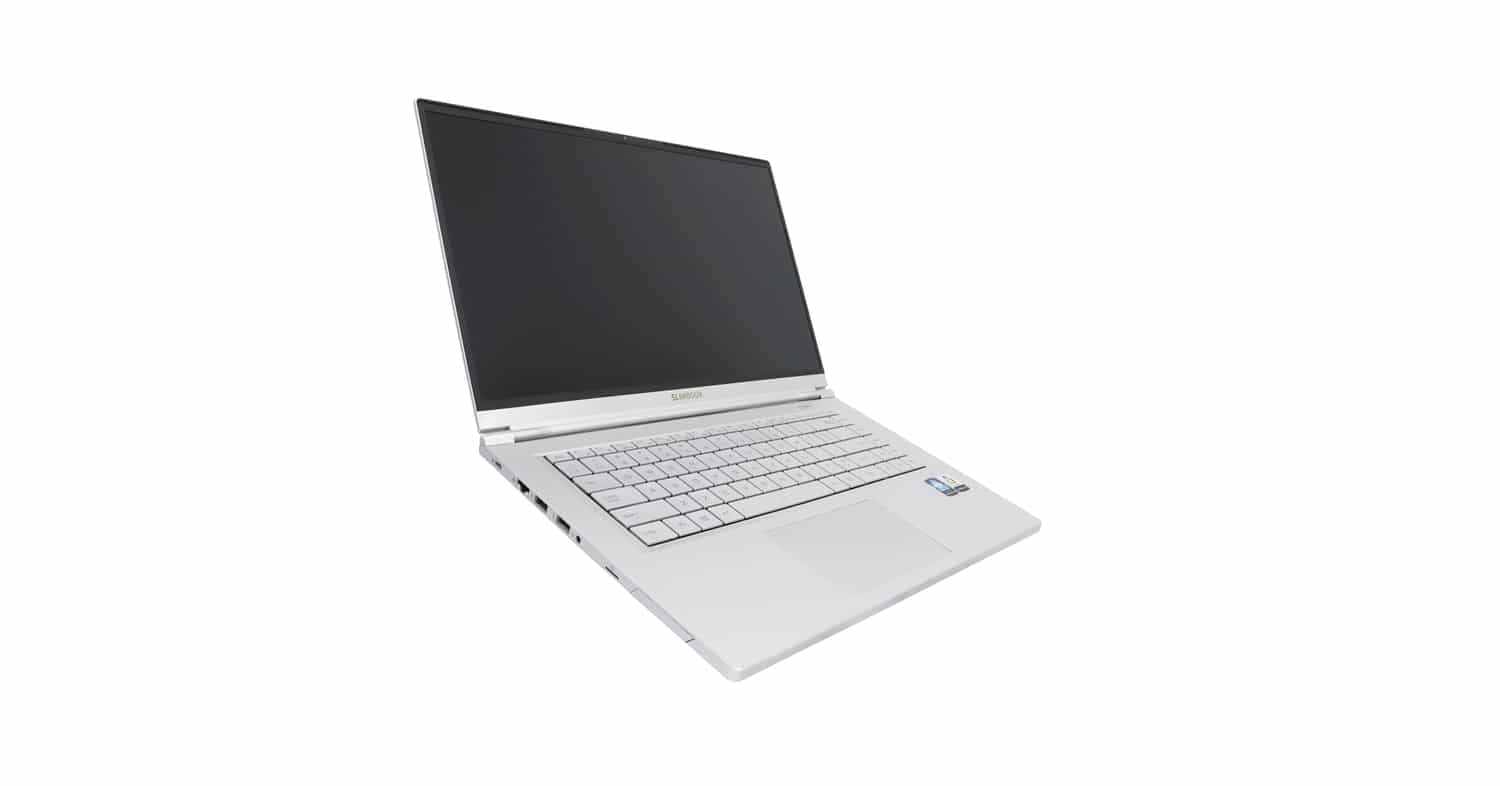
Yes, you can find them. There are several distributors that have them among their products and some that sell OEM equipment without an operating system or with a simple one to help you choose the one you prefer (see Non-OS or FreeOS). As for AIO computers, laptops and desktops with your favorite GNU / Linux distro pre-installed, we recommend the Spanish Slimbook. They are characterized by their performance, quality, technical support and design. The best Linux computers at your fingertips and with good prices ...
Other considerations you should know
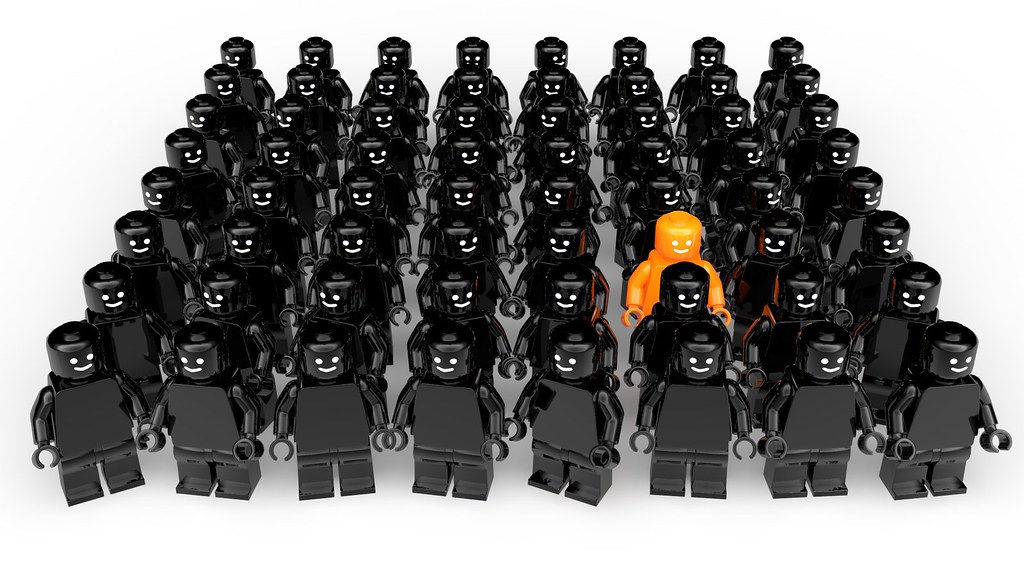
Other aspects that you should know to make it easier for you to adapt to a GNU / Linux distro, and don't feel strange if you come from the Windows world, they are:
- FAT / NTFS: you should know that both FS or formats will be compatible with GNU / Linux, so if you have to share hard drives, pen drives, memory cards, etc., you can do it without problems. Also, you have to know that you could share everything with projects like Samba to have a heterogeneous network.
- Forget about EXE and MSI: in Windows, as with macOS, everything is simpler and more limited. But on Linux, due to the large amount of fragmentation you will find multitude of different packages that should not scare youSince current app stores allow you to install with a single click of your mouse, and universal packages like snap, Flatpak, and AppImage are changing all of that.
- PowerShell: You should know that if you work frequently with this shell and you are an administrator who has gotten used to it, even if I don't like it, you can find PS for Linux natively for a long time. So zero drama in this regard.
- Difference between upper and lower case. Something that in Windows is not activated by default is case-sensitive, and the names of the files and directories will be differentiated between upper and lower case. On Windows, there might be a file called hello, and it would be recognized just like HELLO, hello, hello, etc. Instead, in Linux they could all be a different one, as it is case sensitive. Something important for programming and that can allow you to generate more different names ...
- A single click or two. Although you can configure it, if you use KDE Plasma it comes by default enabled so that the icons are opened with a single click instead of two as in Windows. But I repeat, it is not like that in other environments and in Plasma it can be configured for double click.
- Administrator vs Root: in Windows there is no root or superuser user, instead use Administrator accounts. The clearest difference you can find between the two is power, since root is more powerful and can do everything. On the other hand, the Administrator account has its limitations and there are some tasks that would be blocked or that it could not do.
- Out of devices, hello files. In Unix everything is a file, also the devices. In Windows you have Drive C :, D :, E :, etc., as well as a hardware device manager. On the other hand, in Linux, due to its Unix heritage, everything is a file (/ dev / sda1, / dev / loop, / dev / video,…). The advantage is that you can use the tools to manipulate files with these devices as well.
- Services vs demons. On Linux and other * nix you have daemons, which are programs that are implementing a service and running in the background. This would be the equivalent.
- Forget WinPE. This system is extremely limited, while in GNU / Linux you have the Lives that allow you to run a 100% functional distro with full capacity (including data retention) from a removable medium such as a pendrive or USB memory and even from an optical medium ( CD / DVD) to run without installing from RAM.
Reading the article I can't help but stop and go to this section to duly report an error in it, when they mention Lubuntu and point to its download link, the site they mention is wrong (it's the old one) the new one is lubuntu.me, please correct urgently.
Indeed, the official site is lubuntu.me